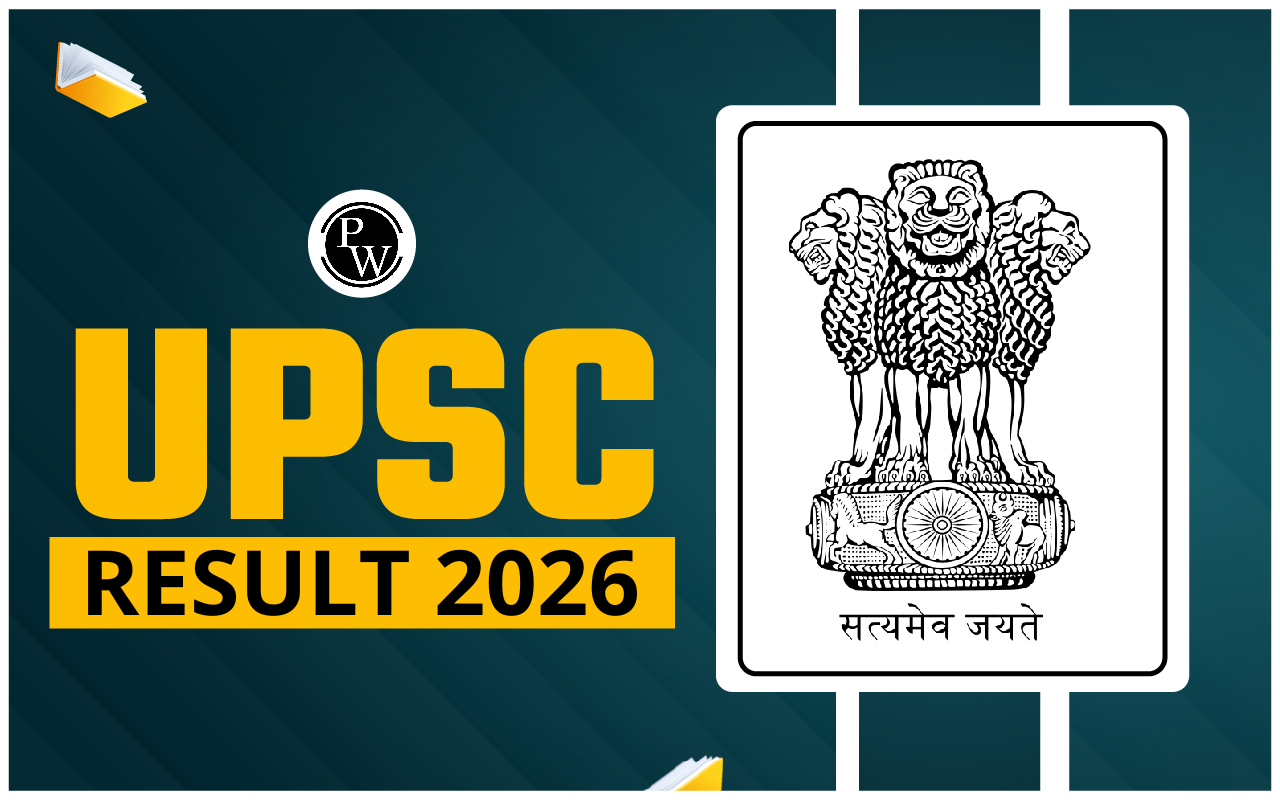
Difference Between Nationality and Citizenship: Nationality and citizenship are related concepts, but have distinct meanings in law and politics. Nationality refers to a person’s legal relationship and belonging to a country, often linked to birth or origin.
Citizenship, on the other hand, defines the legal rights, duties, and privileges a person enjoys within that country. Understanding the differences between the two helps clarify issues of identity, rights, and responsibilities in a nation.
Differences Between Nationality and Citizenship
Nationality and citizenship are often used interchangeably, but they have different legal and political meanings. While nationality defines a person’s connection to a country, citizenship focuses on the rights and duties that come with that connection.
|
Differences Between Nationality and Citizenship |
||
|
Feature |
Nationality |
Citizenship |
|
Meaning |
A legal tie that connects an individual to a state based on birth or descent. |
A legal status granting full civil and political rights within a state. |
|
Basis of Acquisition |
Primarily by birth (jus soli or jus sanguinis). |
Can be by birth, naturalization, registration, or descent. |
|
Rights |
Mostly about diplomatic protection abroad. |
Grants full political rights (e.g., voting, holding public office) and civil rights. |
|
Nature |
Generally permanent and inherent. |
Can be temporary and is a granted status. |
|
Loss/Revocation |
Difficult to lose; usually by renunciation. |
Easier to revoke under certain legal conditions (e.g., treason). |
|
Type of Bond |
Political or ethnic bond. |
Legal bond. |
What is Nationality?
Nationality is a legal and political bond that connects an individual to a sovereign state. It signifies a person’s formal belonging to a country, often determined by their place of birth, origin, or descent. Nationality establishes a person’s identity in the eyes of international law and ensures certain protections and recognition by the state, especially when abroad. While it is closely linked to citizenship, nationality primarily emphasizes the legal relationship and identity of a person with a nation, rather than the specific rights and duties within the country.
Characteristics of Nationality
-
Origin/Descent-Based: Nationality is often acquired at birth through the principles of jus soli (right of the soil, i.e., birth within a country’s territory) or jus sanguinis (right of blood, i.e., through parents’ nationality). This makes nationality largely determined by biological or territorial factors.
-
Permanent Nature: Nationality is generally permanent. Unlike citizenship, which can sometimes be revoked or changed under specific conditions, nationality is difficult to lose. It can only be relinquished voluntarily or, in extreme cases, dictated by law.
-
Rights Granted: Being a national of a country provides individuals with diplomatic protection and recognition from their state while abroad. This includes assistance in legal matters, access to consular services, and protection under international law.
-
Political Status: Nationality is considered a political and legal status, linking an individual to a particular nation. It is the foundation for participating in political processes, though the extent of political rights depends on citizenship status.
-
Varied Definitions Across Countries: There is no universal definition of nationality. Different countries have their own laws and criteria for granting nationality, which can be based on birth, descent, naturalization, or other legal provisions.
-
Distinction from Citizenship: While nationality establishes the identity and formal link to a country, citizenship defines the specific rights, privileges, and duties that an individual can exercise within that country.
What is Citizenship?
Citizenship is a political and legal status that a state confers upon an individual, granting them the full spectrum of civil, political, and social rights within that state. It is more than just a formal relationship with a country; it defines the individual’s role, responsibilities, and privileges as a member of the nation. While nationality establishes a person’s identity and formal connection to a country, citizenship specifically determines the rights and duties that a person can exercise within the legal and political framework of that state.
Characteristics of Citizenship
-
Acquired Status: Citizenship can be obtained through various means, such as:
-
Birth: Automatic citizenship for individuals born in the country or to citizen parents.
-
Descent: Citizenship is passed down from parents to children.
-
Naturalization: Granting of citizenship to foreigners who meet legal requirements.
-
Registration: Citizenship acquired through legal registration processes as defined by law.
-
Legal Status: Citizenship is a legal recognition that empowers individuals to fully participate in the state’s political, social, and economic life. This includes the right to vote, contest elections, work in government jobs, and enjoy social welfare benefits.
-
Revocable Nature: Unlike nationality, citizenship can be revoked or lost under specific circumstances, such as:
-
Committing acts of treason or disloyalty against the state.
-
Acquiring citizenship of another country (dual citizenship restrictions in some countries).
-
Fraud or misrepresentation during the naturalization process.
-
Prolonged absence from the country in certain legal systems.
-
Rights Granted: Citizenship guarantees individuals a set of civil and political rights, including:
-
Right to vote and participate in governance.
-
Right to freedom of speech and expression.
-
Right to work and hold public office.
-
Right to access social and economic benefits provided by the state.
-
Duties and Responsibilities: Citizenship also comes with legal and moral obligations, such as obeying laws, paying taxes, and protecting the country in times of need. These responsibilities ensure that citizens contribute to the welfare and security of the nation.
-
Distinct from Nationality: While nationality emphasizes formal identity and belonging, citizenship focuses on the practical rights, privileges, and duties an individual exercises within the country. Citizenship makes the individual an active participant in the political and legal life of the state.
Difference Between Nationality and Citizenship FAQs
What is nationality?
What is citizenship?
How is nationality acquired?
How is citizenship acquired?
What is the main difference between nationality and citizenship?










